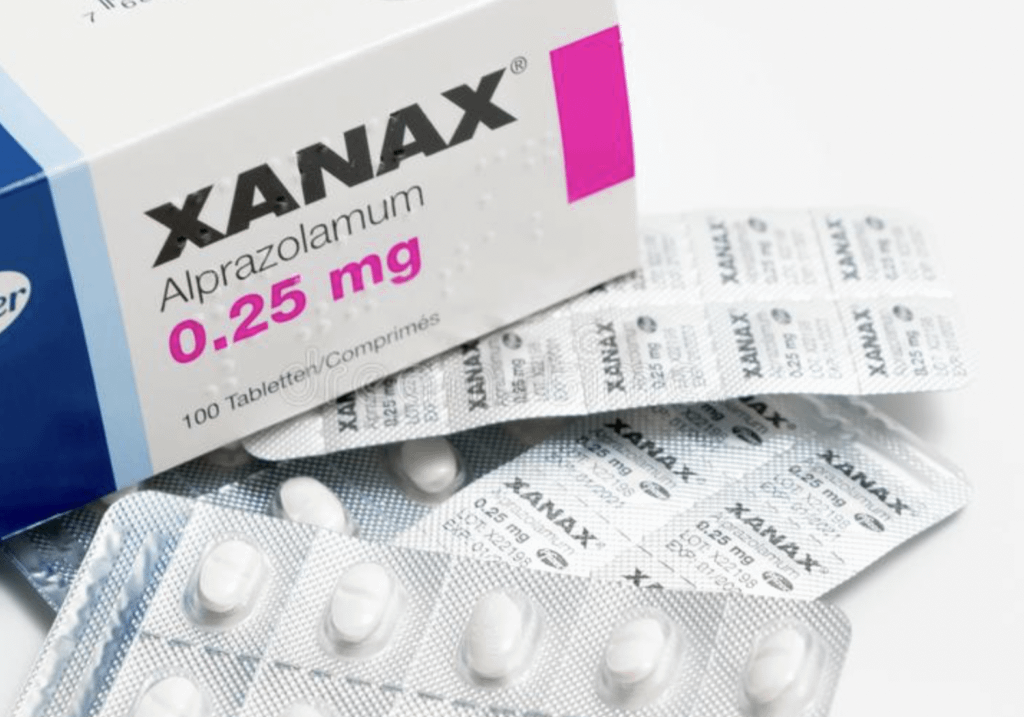What penalties may be imposed against a physician or physicians assistant if OPMC determines that he is guilty of professional misconduct? What penalties may be imposed against nurses, dentists, pharmacists and other licensee’s if OPD determines they are guilty of professional misconduct?
For OPMC, in the least severe cases (where the violation is deemed to be “minor” or “technical” in nature), the penalty may be as small as an Administrative Warning (i.e., a non-disciplinary notice which outlines the problems that have been found and recommendations for a remedial course of action). An administrative warning is not discoverable by others and is not published anywhere online.
For OPMC, if things evolve to the point where a professional is going to be charged with misconduct, a lawyer for OPMC becomes involved. At that point there is often an opportunity to negotiate a settlement to avoid going to a hearing. If a hearing is unavoidable, our attorneys will represent and defend our physician clients vigorously at every stage of the hearing process. If a Hearing Committee finds a physician guilty of professional misconduct, the penalties are often severe. However, our attorneys have a very successful track record of getting charges dismissed at OPMC hearings.
Any charges that are sustained, either via settlement or after a hearing, will be reported to the National Practitioner Data Bank and reflected on the individual’s Physician Profile on the Department of Health’s website. The least severe penalty when one is found guilty of professional misconduct is a Censure and Reprimand (i.e., a severe warning that is considered misconduct and is published for the world to see). A Censure and Reprimand may also include the imposition of required community service (up to 500 hours) and continuing medical education (CME) classes. Fines of up to $10,000 per offense can be imposed by OPMC.
A Hearing Committee may also decide that probation is necessary. Probation may include certain limitations/restrictions being placed on a practitioner’s ability to practice medicine. Probation may be imposed for a set period of time, or it may last until certain conditions have been met by the practitioner. The next level of penalty for more serious professional misconduct is a stayed suspension of a practitioner’s medical license.
A stayed suspension is the legal equivalent of probation. The next level is an actual suspension of a license. When a practitioner’s license is actually suspended, he or she is not allowed to practice medicine for the duration of the suspension. A suspension may be for a certain length of time, or it may be for an indefinite period of time lasting up until criterion laid out by the Settlement Agreement or by the Hearing Committee after adverse determination in a hearing are satisfied.
For the most serious misconduct, OPMC has the power to permanently revoke the physician’s medical license. For OPD, the range of penalties is very similar for OPD to those described above for OPMC. However, in the OPD process there is an interim stage that does not exist in the OPMC process. For OPD there is a stage called the Informal Settlement Conference (“ISC”). In the ISC’s a licensee’s counsel and the counsel for the NYSED OPD present their cases to a member of the Board of Regents and a ‘facilitator’. The Board of Regents member hears the arguments and then makes a determination of what they believe is an appropriate settlement.
The settlement may or may not constitute professional misconduct. A licensee then has a short period of time to determine if they would like to accept the settlement as proposed or if they prefer to proceed forward to a formal disciplinary hearing. There is also a possibility of something in the OPD world called a Violations Committee Statement (“VCS”). A VSC is similar to a formal settlement Consent Agreement, the distinction being that with VCS’s they are not posted on OPD’s website for the public to see and they are generally for a small monetary penalty (i.e., $500) and no other penalty.
For further information and/or to request legal assistance for OPMC related issues, please contact Jordan Fensterman, Director of the OPMC/OPD Defense Practice. Abrams Fensterman, LLP- (516) 368-9430





